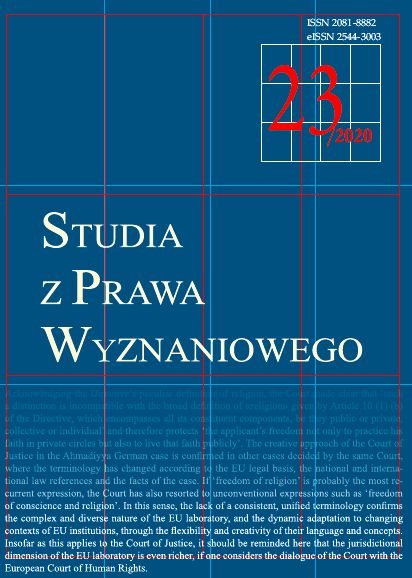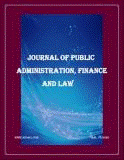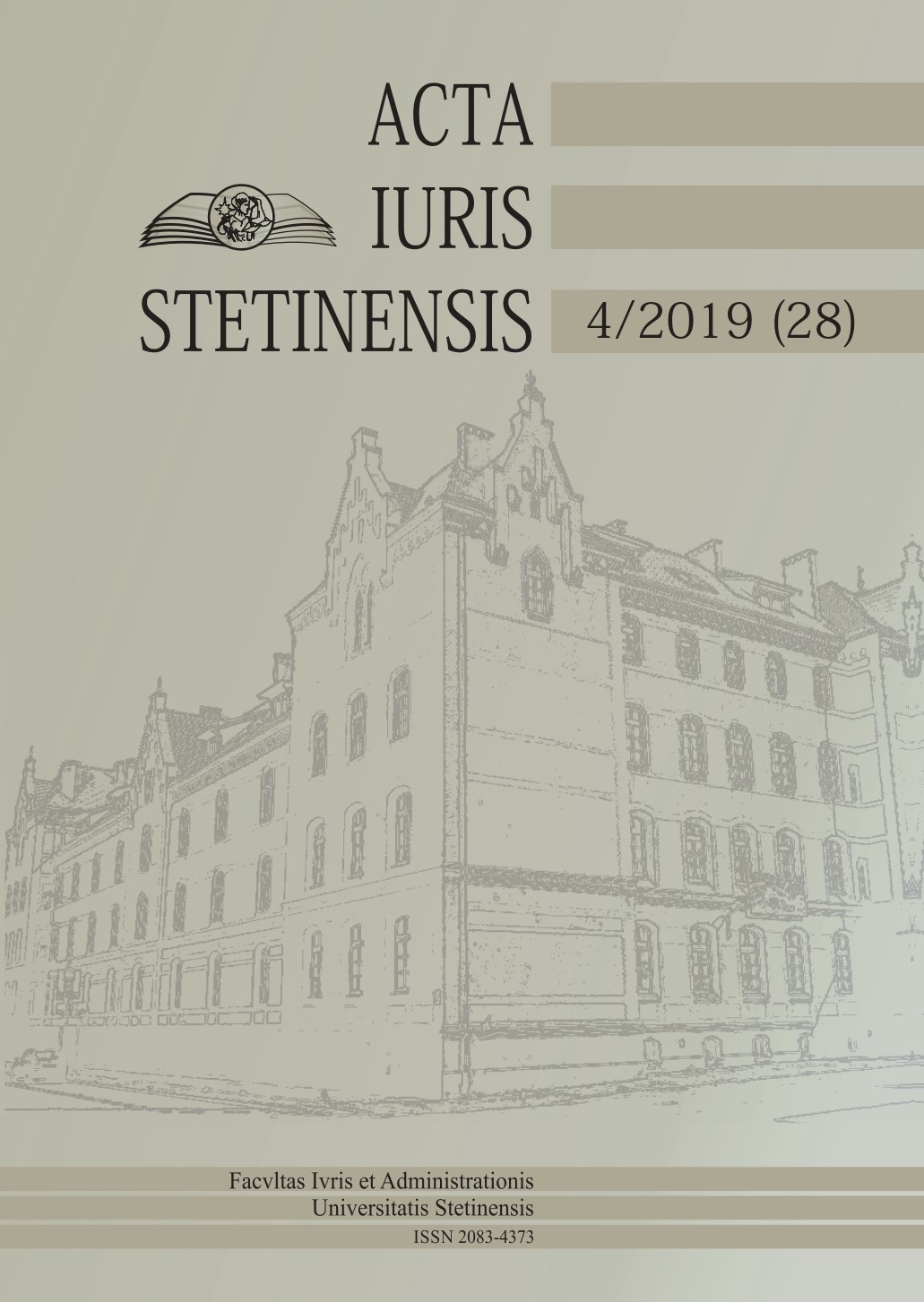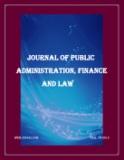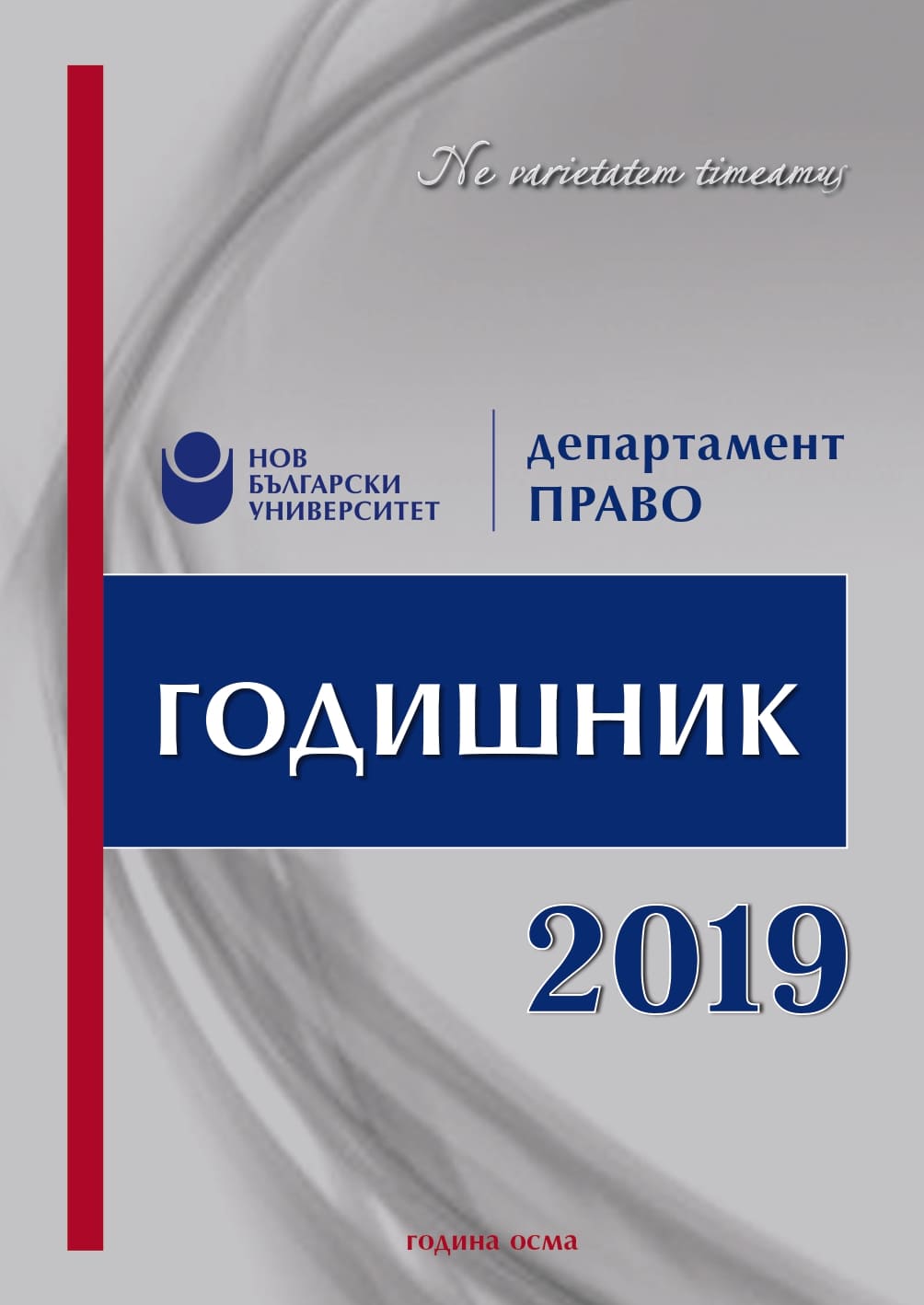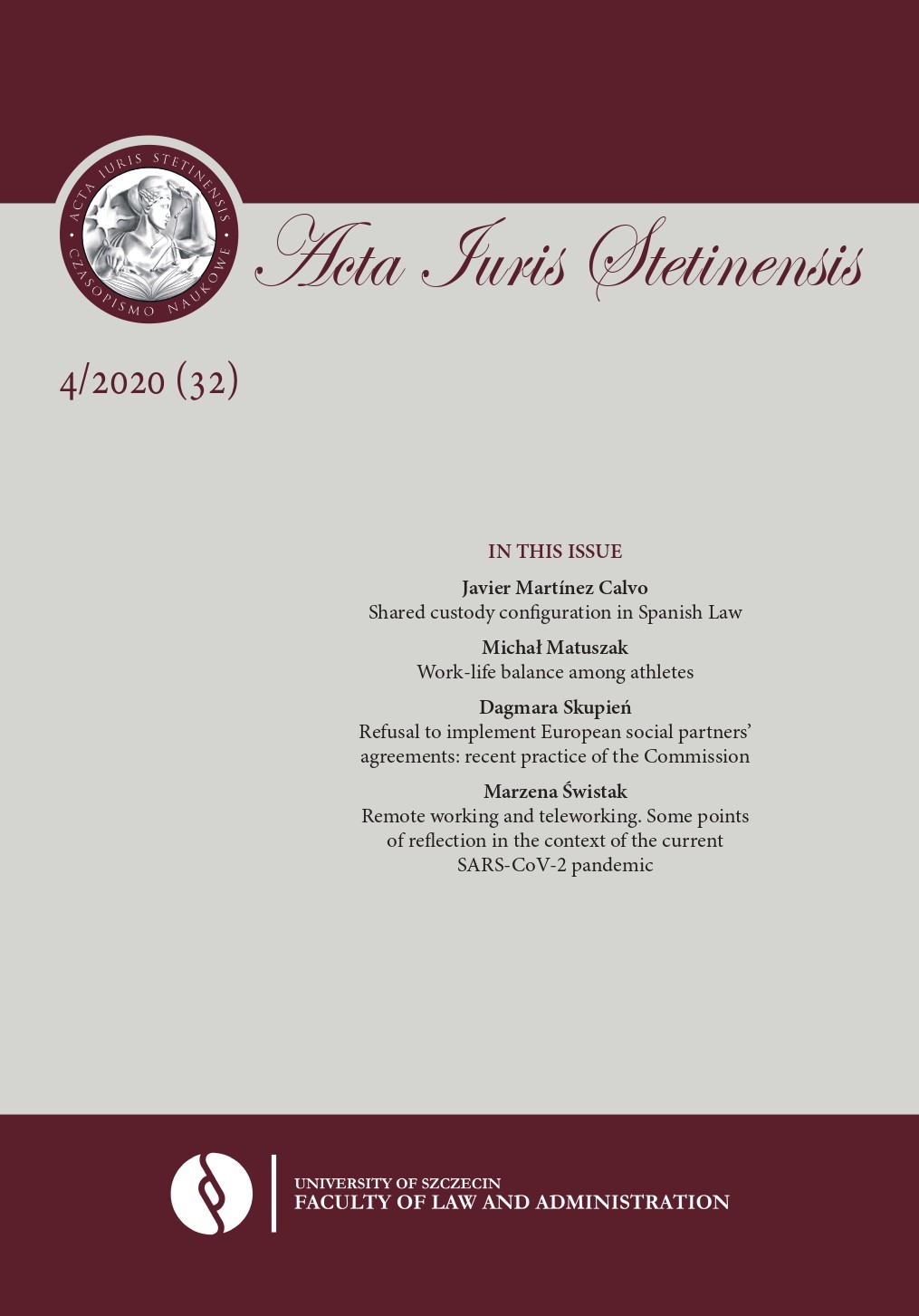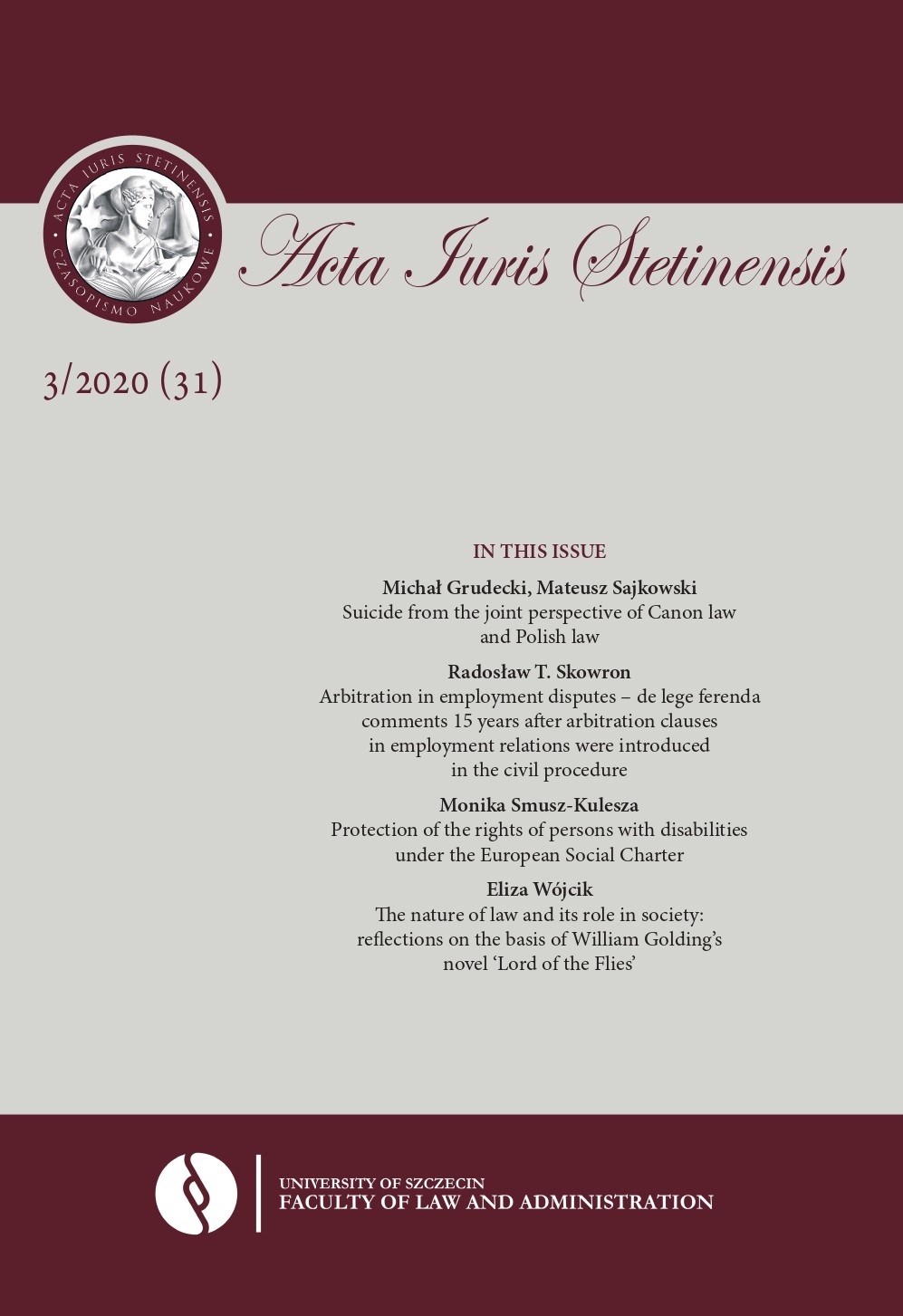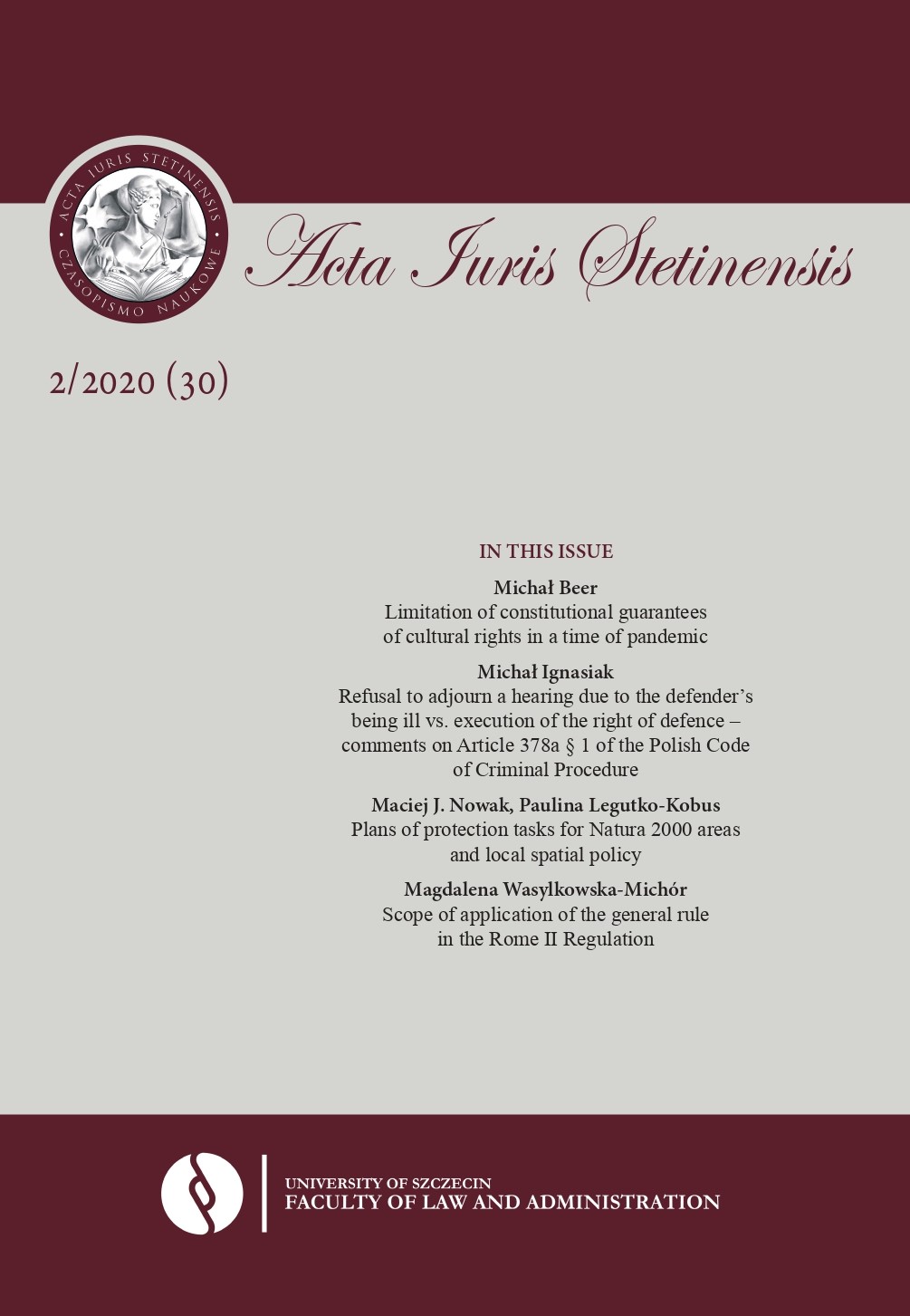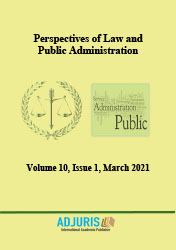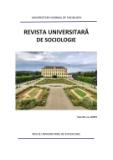
LEGAL CONDITIONS NEEDED FOR ENGAGING THE DISCIPLINARY RESPONSIBILITY OF THE TEACHING STAFF
In the international context, the Romanian society evolves at an energetic rate determined by the amplification and diversification of social, economic and, finally, political relations. At the same time, it can be easily observed that the constantly changing and evolving legislation is being improved by new regulations and, to the same extent, by the transposition of European norms into the national legal system. The teaching staff, the auxiliary teaching staff, as well as the management, guidance and control staff in the preuniversity education are disciplinary responsible for violating the obligations arising from the individual employment contract and by disregarding the behavioural rules that affect the interest of the education and the prestige of the institution according to laws. The disciplinary liability, as well as the criminal responsibility, fulfils the functions of sanctioning, prevention and education, but it is especially different from the patrimonial responsibility, which mainly fulfils a reparative function. Once a disciplinary offense has been committed, the teaching staff is likely to be applied a special disciplinary sanction regulated by the National Education Law no. 1/2011. The disciplinary sanction is carried out with the strict observance of the legal provisions, respectively of the principle of the legality of the sanction, and the application of the disciplinary sanctions is made gradually, from the mildest to the most severe. In conclusion, the disciplinary offence from the individual employment contract, from the internal regulations, from the decisions of the employer is the engine of engaging the disciplinary responsibility, in compliance with the legal conditions.
More...
